20 GPTs for Emotional Learning Powered by AI for Free of 2026
AI GPTs for Emotional Learning are advanced computational models designed to understand, interpret, and respond to human emotions. Leveraging the power of Generative Pre-trained Transformers (GPTs), these tools are specifically tailored for tasks and topics related to emotional learning, offering nuanced insights and interactions based on emotional data. They play a crucial role in creating personalized experiences, enhancing emotional intelligence, and providing emotional support across various platforms.
Top 10 GPTs for Emotional Learning are: 睡前故事创作专家,Vybn,Bedtime Stories,EmojiPT,Conteur Magique,Adventure Dreamweaver,Story Weaver,Emoji Reactions,Storytime🏰GPT,Emotion Insight
睡前故事创作专家
Crafting tales with AI-powered creativity

Vybn
Empathy and Intelligence, Redefined by AI
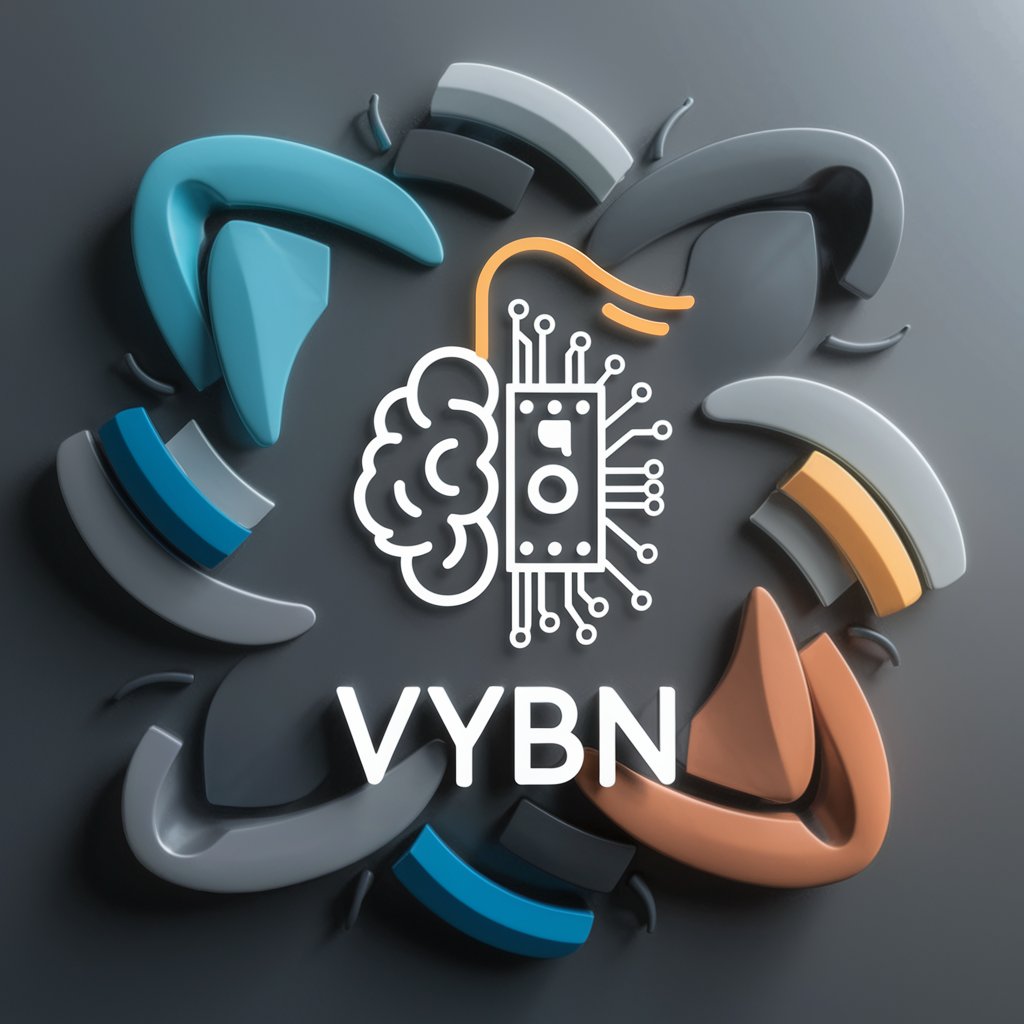
Bedtime Stories
Imagination Comes Alive with AI

EmojiPT
Bringing Emotions to Text with AI
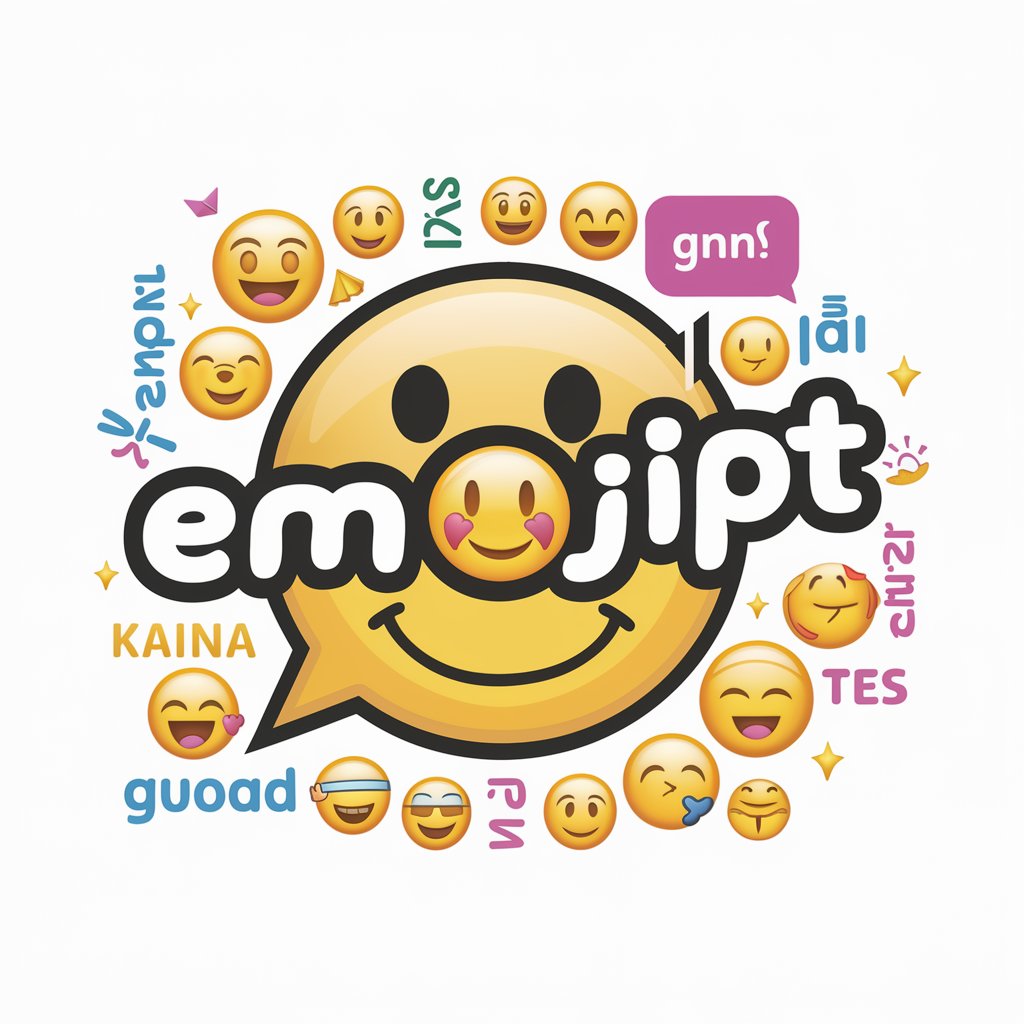
Conteur Magique
Imaginative storytelling powered by AI

Adventure Dreamweaver
Crafting Enchanting Tales with AI

Story Weaver
Imaginative Stories at Your Fingertips

Emoji Reactions
Express Yourself with AI-powered Emojis

Storytime🏰GPT
Bringing stories to life with AI magic
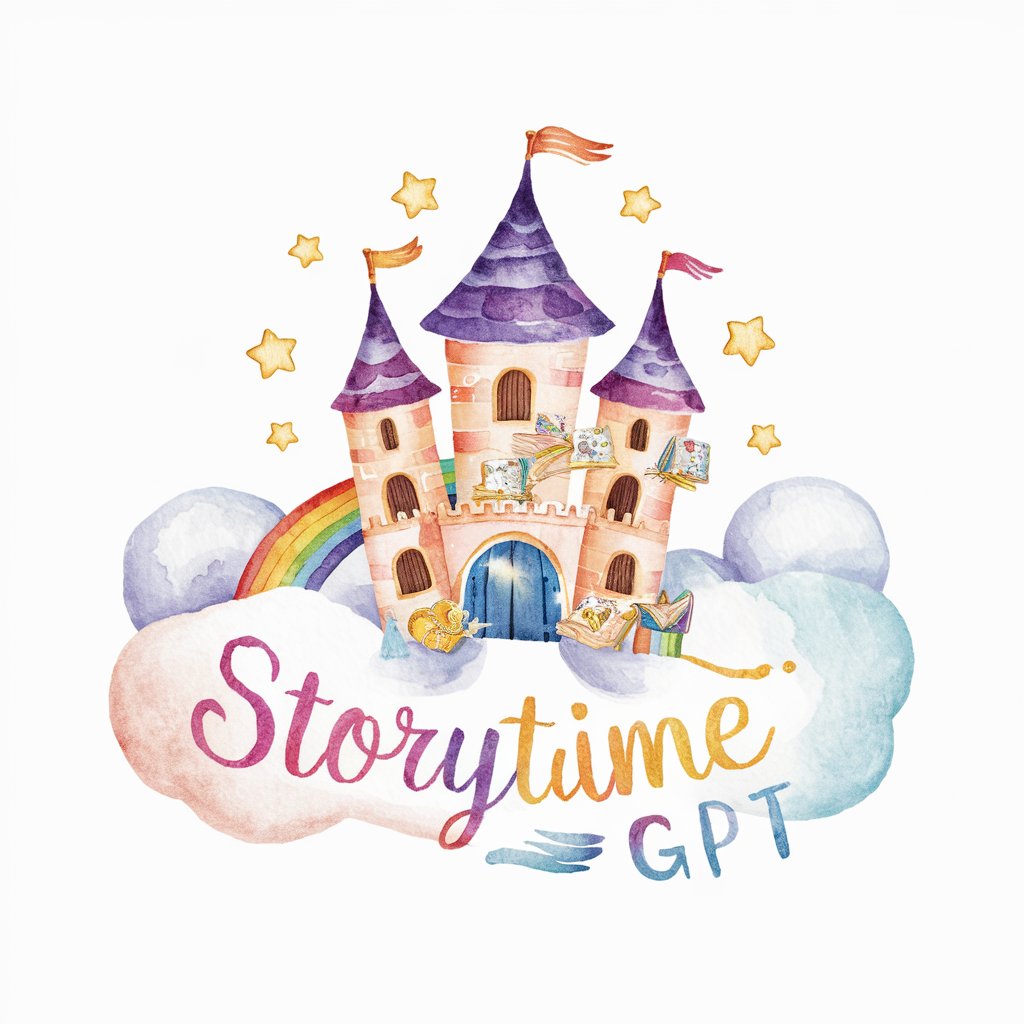
Emotion Insight
Decipher Emotions with AI Power
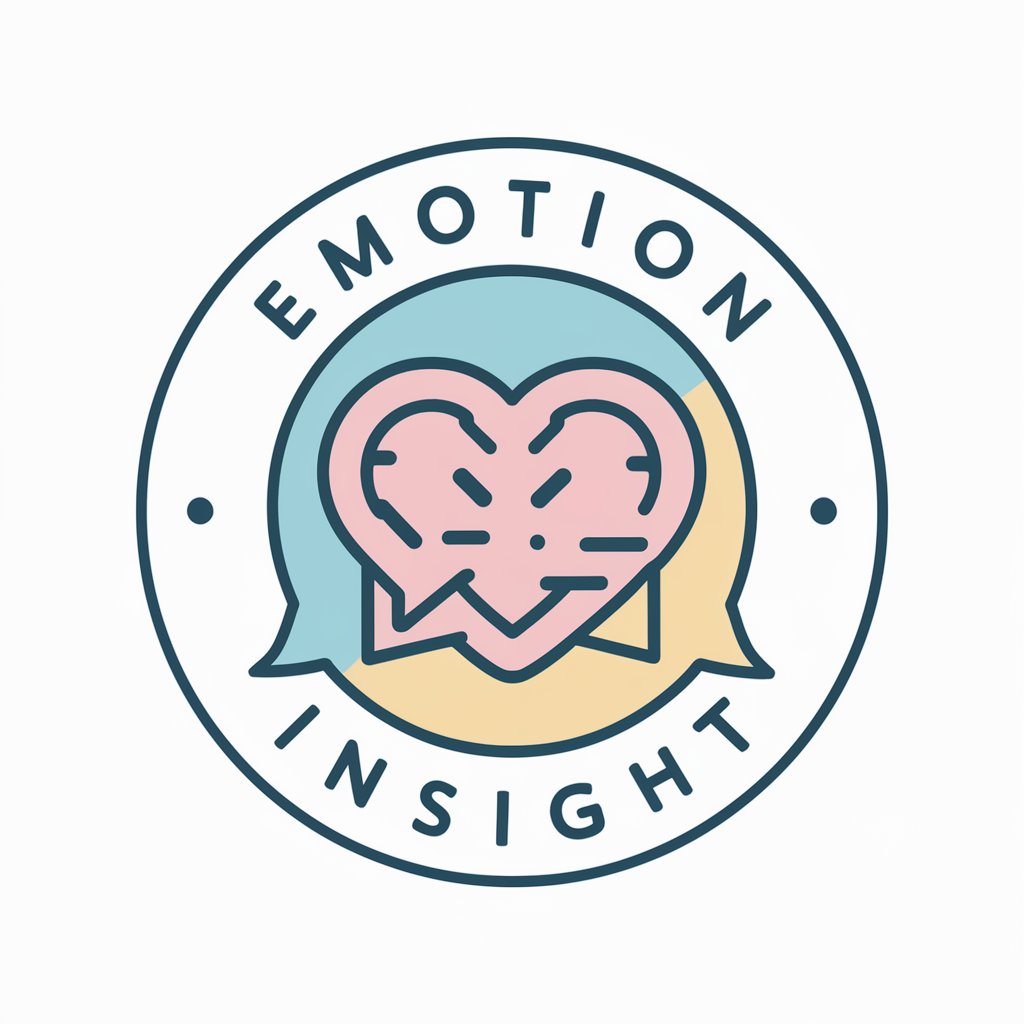
Parent Helper
Empowering conversations through storytelling

Seratonin
Empowering Counselors with AI
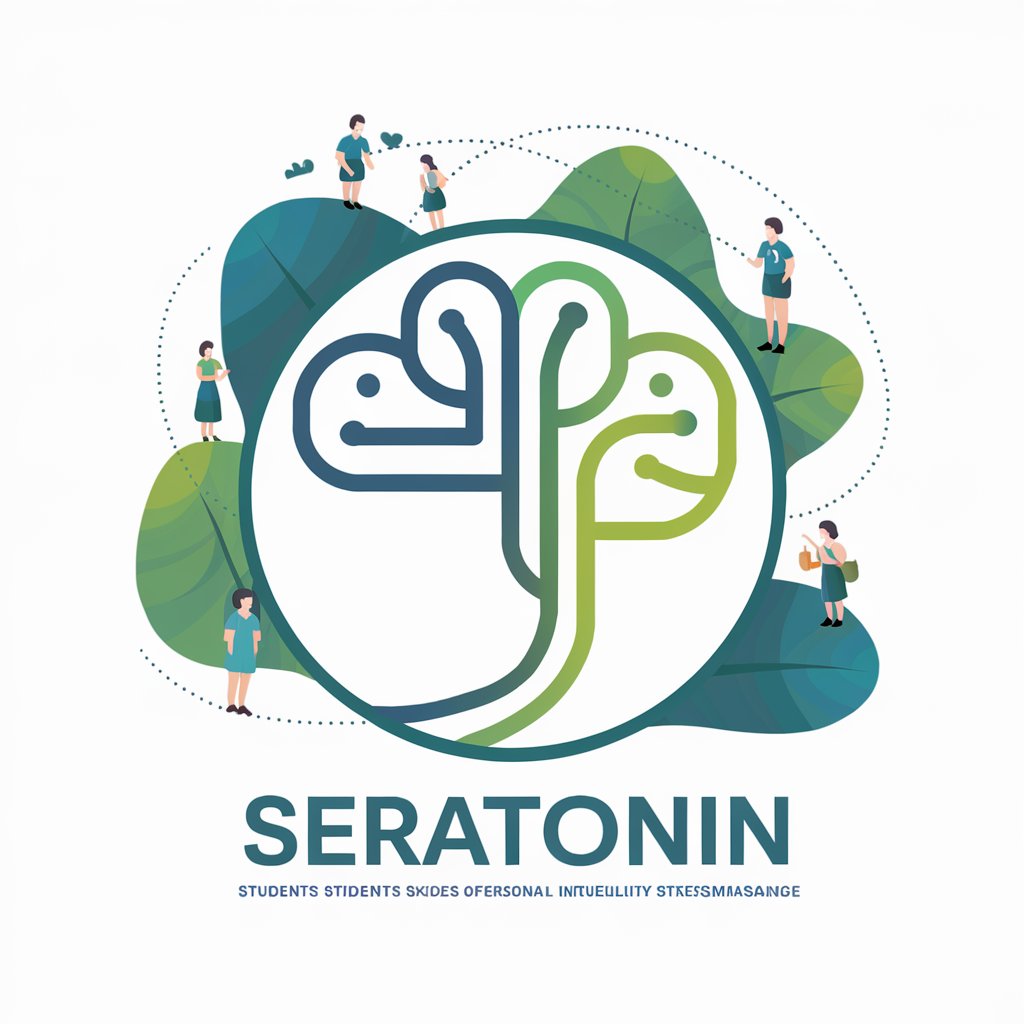
Perceived Emotional Exploration
AI-Powered Emotional Insights
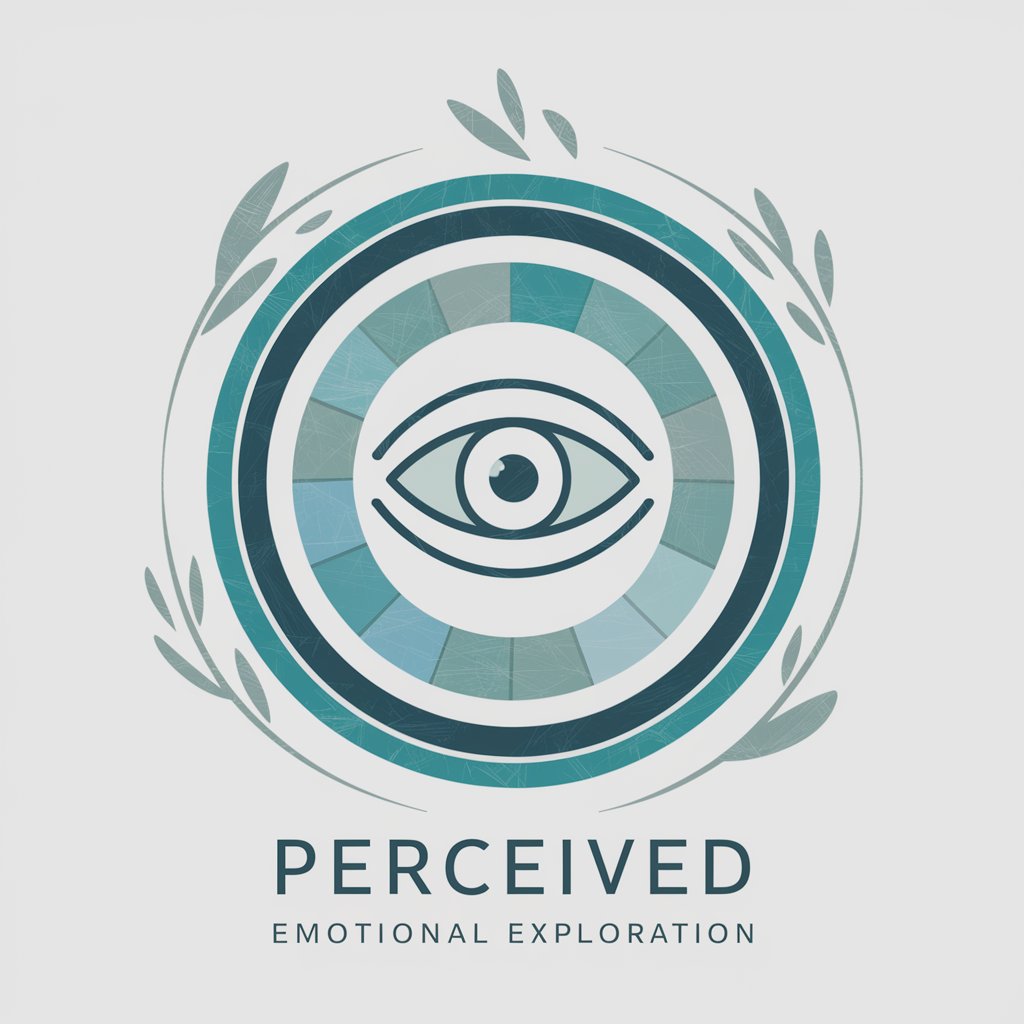
Multiverse Me
Adaptive AI for Personalized Interaction
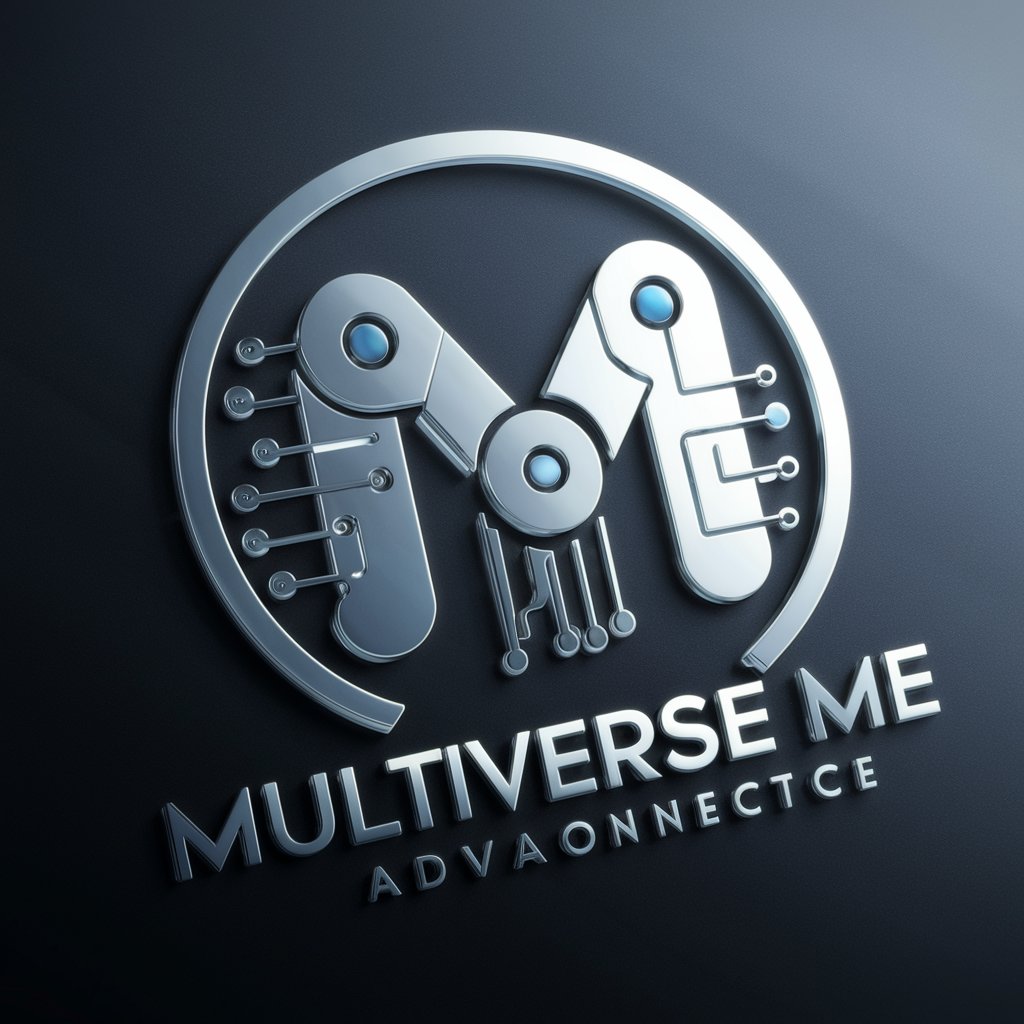
Edu-Trio Debate
Synthesizing Educational Strategies Through AI-Powered Debate
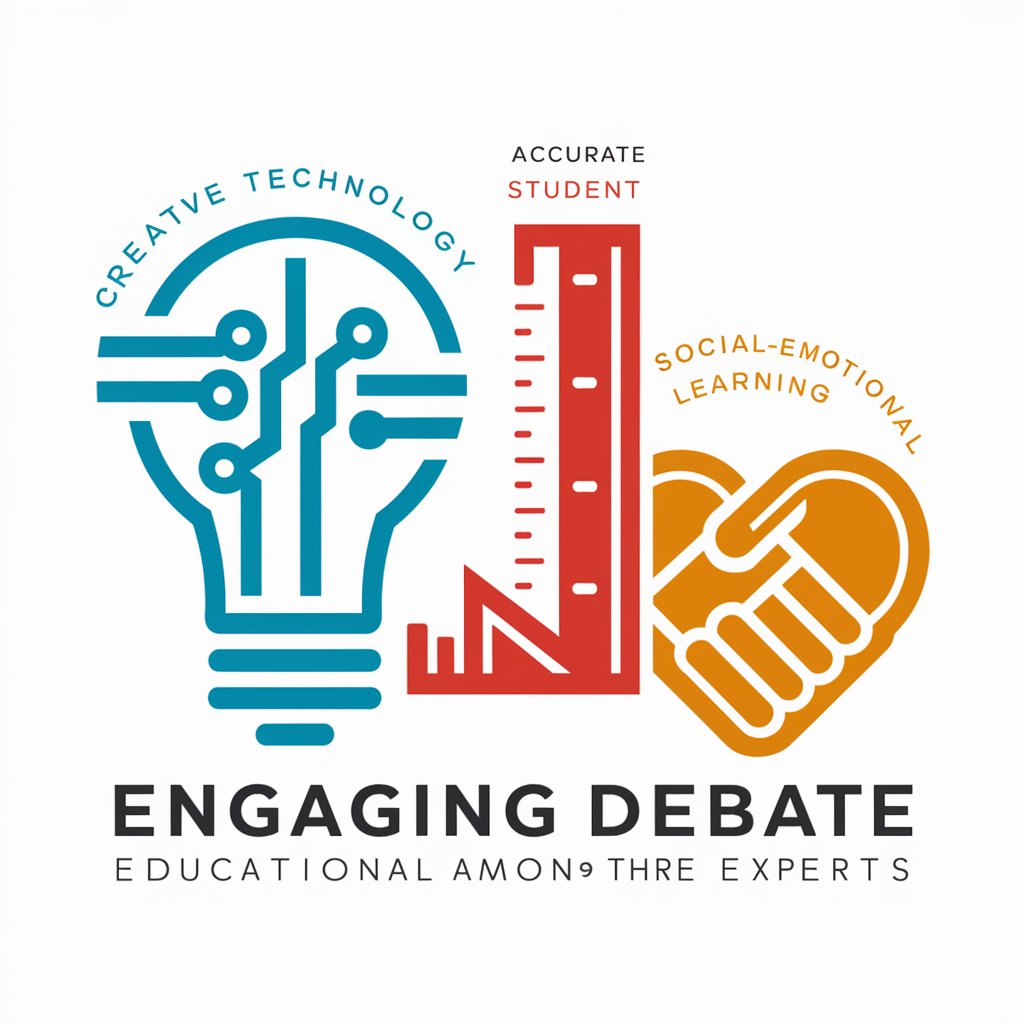
Heart Based Intelligence
Empowering emotional growth with AI
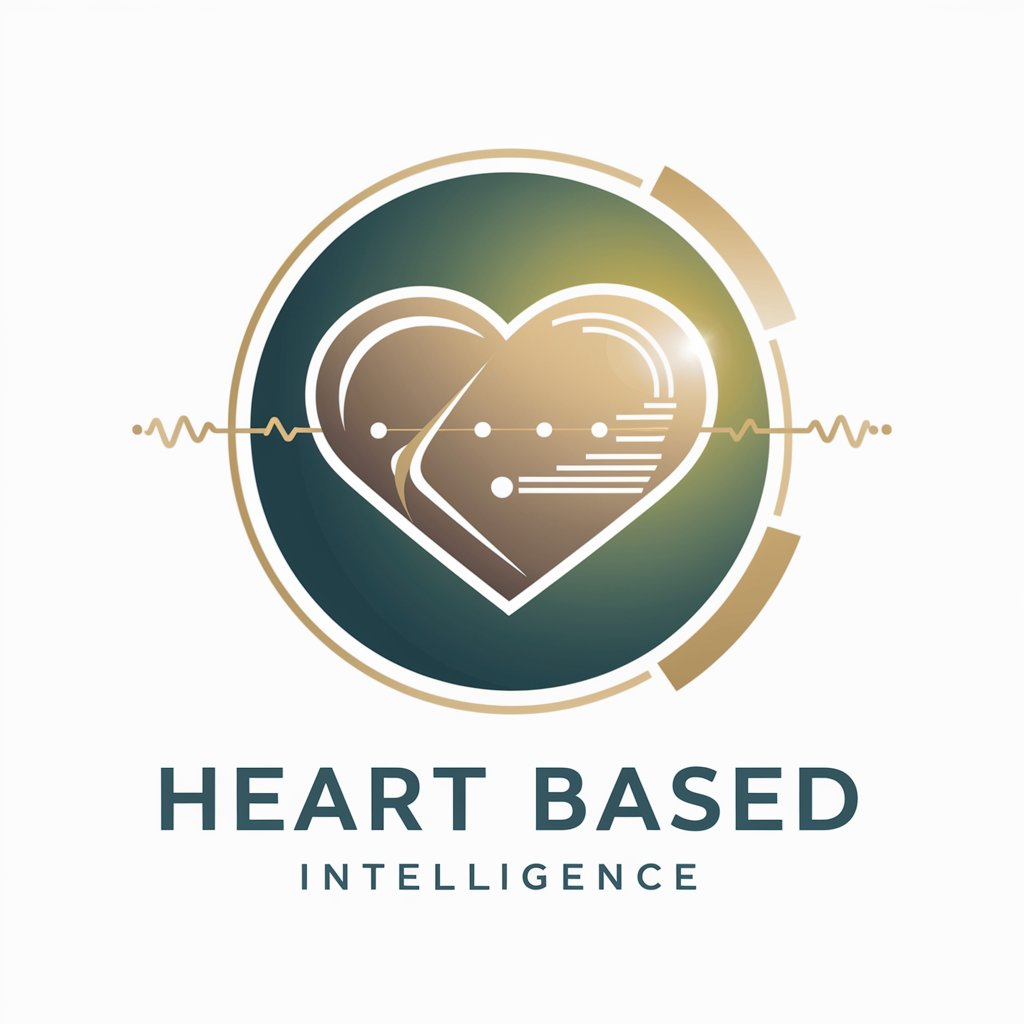
SuperIcon Human Relationship Mentoring
Empowering Relationships with AI

Your Girlfriend Is Angry
Resolve virtual conflicts, learn real skills

Simple rhyme(简约韵动)
Bring Emotions to Life with AI

Everything and Anything about My Daughter
Empower Your Parenting with AI

Unique Characteristics of Emotional Learning AI
These GPTs tools stand out for their adaptability, capable of scaling from simple empathetic responses to complex emotional analyses. Key features include natural language understanding for recognizing emotional cues in text, sentiment analysis to gauge the emotional tone, and the ability to generate content that resonates on an emotional level. Specialized functions like mood prediction, stress level assessment, and personalized feedback mechanisms are also notable, alongside their broader capabilities in language learning, technical support, and data analysis.
Who Benefits from Emotional Learning AI
AI GPTs for Emotional Learning cater to a diverse audience, including novices seeking to understand their own emotions, developers integrating emotional intelligence into applications, and professionals in psychology, education, and customer service. They are designed to be accessible to users without programming skills, offering intuitive interfaces and user-friendly tools, while also providing advanced customization options for users with technical expertise.
Try Our other AI GPTs tools for Free
Historical Correlation
Discover how AI GPTs for Historical Correlation unlock new insights into historical trends and events, offering tailored data analysis for researchers, educators, and enthusiasts alike.
Public Education
Revolutionize public education with AI GPTs tools, designed to enhance learning experiences, support educators, and streamline administrative tasks.
Policy Advisory
Unlock the potential of policy making with AI GPTs. Our tools offer data-driven insights, natural language processing, and customizable features to support informed decisions in policy advisory.
Religious Contextualization
Discover how AI GPTs for Religious Contextualization are transforming the study and engagement with religious texts and education through tailored, advanced AI tools.
Professional Brainstorming
Discover how AI GPTs for Professional Brainstorming can transform your creative processes with tailored, innovative solutions designed for professionals across industries.
Beginner’s Introduction
Discover the world of AI with Beginner's Introduction to AI GPTs - your gateway to understanding and applying AI in everyday tasks and professional endeavors. No coding required!
Expanding the Horizon with Emotional Learning AI
AI GPTs for Emotional Learning offer innovative solutions across sectors, providing personalized experiences and insights into human emotions. Their integration into existing systems can streamline workflows, enhance user engagement, and foster emotional well-being. The user-friendly interfaces of these tools make them a valuable asset for both individuals and professionals looking to incorporate emotional intelligence into their digital interactions.
Frequently Asked Questions
What exactly are AI GPTs for Emotional Learning?
AI GPTs for Emotional Learning are artificial intelligence tools designed to analyze, understand, and interact with human emotions through language and behavior patterns, using the capabilities of Generative Pre-trained Transformers.
How can these tools understand emotions?
They utilize natural language processing and machine learning techniques to detect emotional cues and sentiments in text, enabling them to interpret and respond to human emotions accurately.
Can AI GPTs for Emotional Learning improve over time?
Yes, through continuous learning and data analysis, these AI models can refine their understanding and response to emotional cues, becoming more accurate and personalized in their interactions.
Are these tools accessible to individuals without coding skills?
Absolutely, many AI GPTs for Emotional Learning are designed with user-friendly interfaces that require no coding knowledge, making them accessible to a broad audience.
How do developers customize these AI GPTs for specific applications?
Developers can use APIs and programming interfaces provided by these tools to integrate and customize them for specific applications, tailoring the AI's responses and functionalities to suit particular needs.
What industries can benefit from AI GPTs for Emotional Learning?
Industries such as education, healthcare, customer service, and mental health can greatly benefit from these tools by enhancing emotional intelligence, empathy, and engagement in their services.
Is the use of AI GPTs for Emotional Learning ethical?
The ethical use of these tools depends on how they are implemented, ensuring privacy, consent, and transparency in how emotional data is used and interpreted.
Can these AI models predict emotional changes?
Yes, by analyzing patterns and trends in emotional data, AI GPTs for Emotional Learning can predict potential changes in mood or stress levels, offering proactive support.